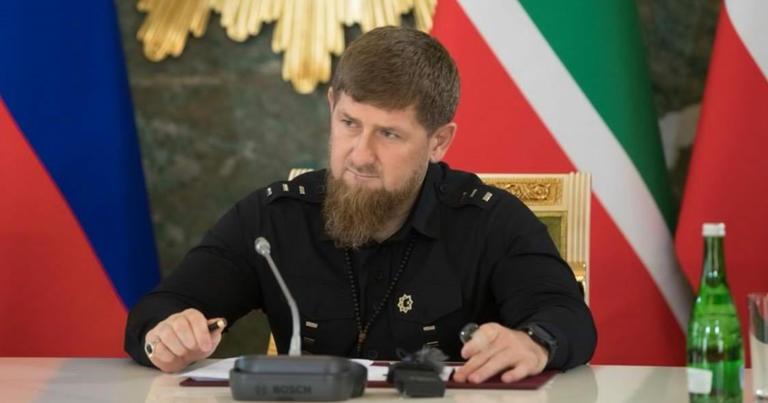
“They Bit Us, We Will Destroy Them”: Russian Leader Vows No Mercy After Drone Strike
Ramzan Kadyrov, the head of Chechnya, reported that a recent drone strike on the Russian Special Forces University (RUS) in Gudermes resulted in casualties among Ukrainian prisoners of war. This was reported by the Moscow Times.
He claimed there were no casualties on the Chechen side, though the Ukrainian prisoners held at this location were affected.
According to Kadyrov, up to 10 Ukrainian prisoners are detained at strategic facilities across Chechnya, including at the RUS.
“Kyiv, trying to harm us, killed its own soldiers today,” Kadyrov wrote on Telegram, though he did not provide evidence for these claims.
Kadyrov attributed the attack to Ukraine’s desire to disrupt a training center he described as a “forge of highly effective fighters” who are instrumental in capturing strategic sites on the front lines.
The drone reportedly struck on October 29, setting the roof of an unoccupied building on fire, but Kadyrov emphasized there were “no victims or injured” among his personnel.
Following the attack, Kadyrov demanded that Chechen soldiers at the front in Ukraine cease taking Ukrainian soldiers prisoner, stating, “They bit us; we will destroy them.”
He also confirmed that an investigation is underway to determine how the attack was possible and vowed to prevent future incidents by holding those responsible accountable.
Russian Special Forces University
The Russian Spetsnaz University, established in 2013 at Kadyrov’s initiative, is a private institution designed to train special forces and volunteers for combat in Ukraine. Renamed in honor of Russian President Vladimir Putin in February 2024, it is overseen by Kadyrov’s 16-year-old son, Adam.
It operates as a non-profit organization for specialized training and reportedly receives funding from businessman Movsadi Alviyev, a longtime associate of Kadyrov, whose companies have received government contracts valued at over 20 billion rubles ($205 million) since 2011.
Source » msn.com





